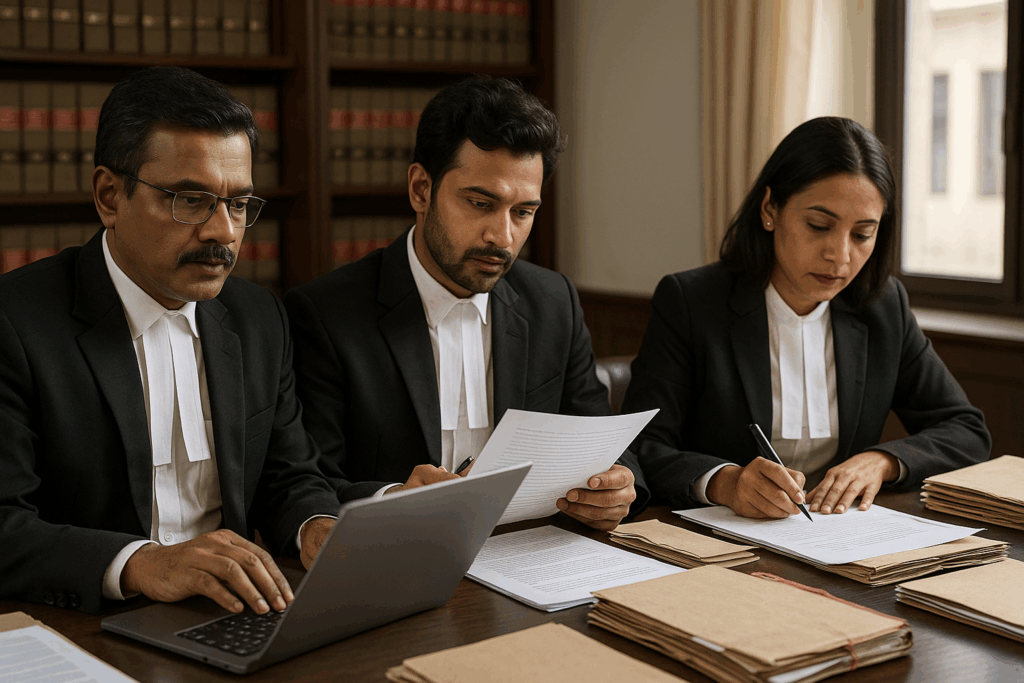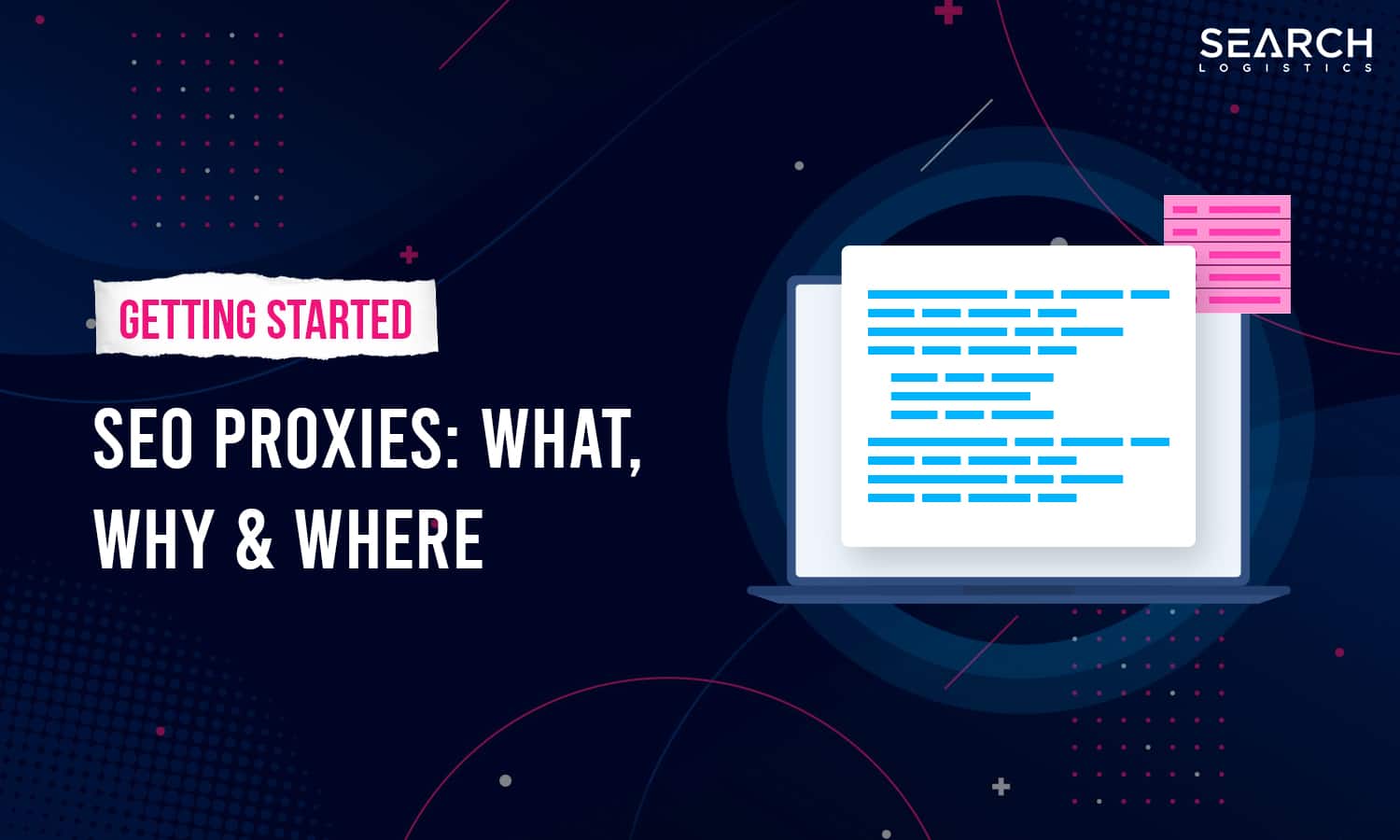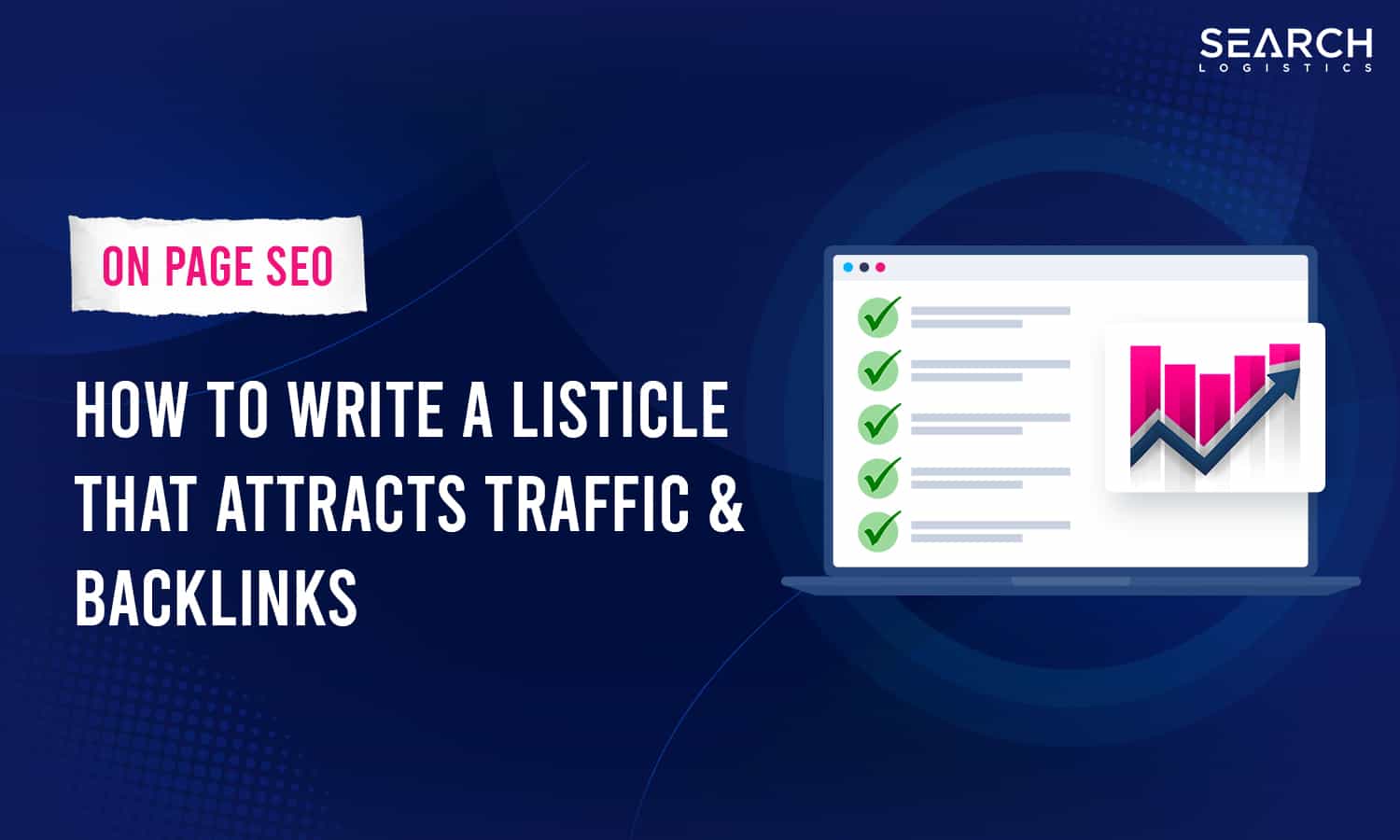Kerala HC AI Policy Bars Use of AI Tools Like ChatGPT, DeepSeek
The Kerala High Court (HC) has released a policy document containing guidelines for the state’s District Judiciary to use artificial intelligence (AI) during the course of its “diverse judicial work”. This policy covers all AI tools, including generative AI tools and databases that utilise AI to provide access to diverse resources, including case laws and statutes.
As per these guidelines, judges in the District Judiciary are prohibited from using AI tools to arrive at any findings, reliefs, orders or judgements under any circumstances whatsoever. This is because the integrity of a judgement or any of its parts is solely the responsibility of the respective judge.
The Kerala HC has also instructed that District Judiciary courts must maintain a detailed audit of all instances of using AI tools. This detailed record must contain the human process adopted to verify if the AI tool produces a correct or erroneous answer/result.
What Do the AI Use Guidelines Say?
This policy states that the use of AI tools must not compromise integral aspects of judicial administration – such as transparency, accountability, fairness, and the protection of confidentiality.
“It shall be the obligation of the members of the judiciary and employees assisting them to ensure that any AI tool they use for official purposes adheres to these integral principles,” the guidelines say.
Elsewhere, the policy document unequivocally says that the District Judiciary’s judges and other employees must exercise great caution while using AI tools, as most such tools produce incomplete or biased results.
“Any results generated by approved AI tools, including, but not limited to, legal citations or references, must be meticulously verified by the judicial officers. This is applicable to all approved AI tools, including databases of case laws and statutes that use AI tools to generate, summarise or fine-tune results,” the guidelines instruct.
Members and employees of the judiciary must participate in training programmes that the Judicial Academy or HC organises on the legal, ethical, and practical aspects of AI. This might assist in a more comprehensive understanding of the challenges and risks, as well as the benefits of using diverse AI models for judicial work.
Furthermore, the Kerala HC prohibits the use of popular generative AI models such as ChatGPT and DeepSeek. The HC says that submitting information such as the facts of a case, personal identifiers, privileged communications, or uploading any documents to any such cloud-based technology may result in a serious flouting of confidentiality.
The guidelines also mention that service providers may use any information that users give to such AI models to advance their own interests, including the sophistication of the AI models.
Advertisements
Why It Matters
The Kerala HC’s guidelines for AI use by the state’s District Judiciary come in the wake of the Chief Justice of India (CJI), Bhushan Ramkrishna Gavai, raising concerns about generative AI within the Indian judiciary in March this year.
“Relying on AI for legal research comes with significant risks, as there have been instances where platforms like ChatGPT have generated fake case citations and fabricated legal facts,” CJI Gavai was quoted saying at the Kenyan Supreme Court.
To counter errors to some extent, Kerala’s HC mandated that the Principal District Court must receive reports of any errors in AI models’ output. Consequently, the Principal Court Judge must forward this report to the Kerala HC Information Technology (IT) Department.
However, one must remember that aspects such as contextual understanding and empathy still remain outside the scope of any AI model or software for now.
Echoing this line of thought, CJI Gavai had remarked back in March: “The essence of justice often involves ethical considerations, empathy, and contextual understanding — elements that remain beyond the reach of algorithms.”














Post Comment